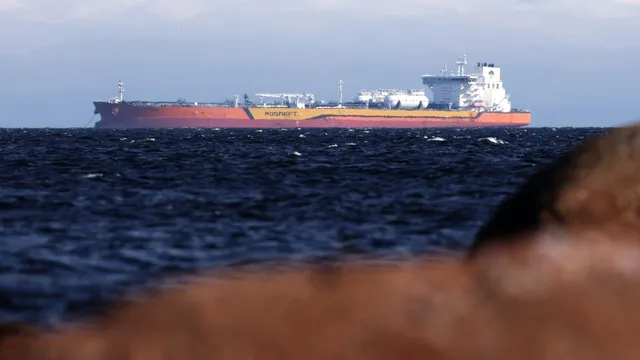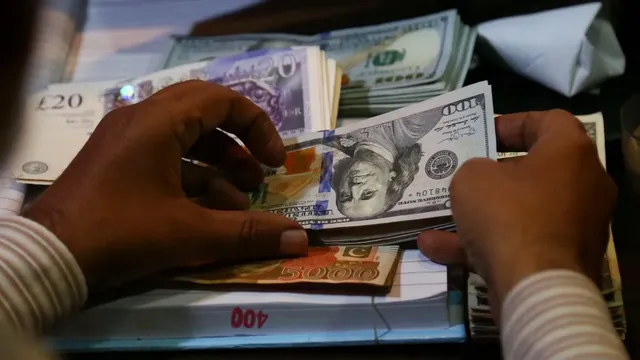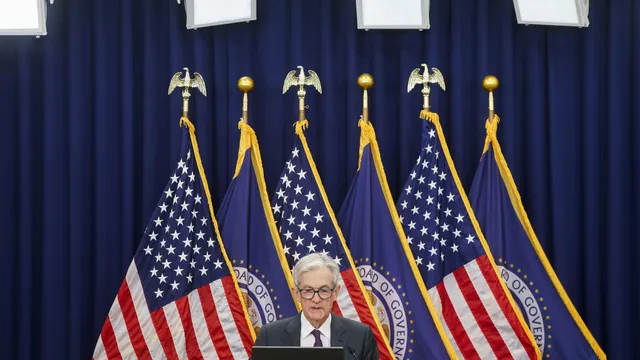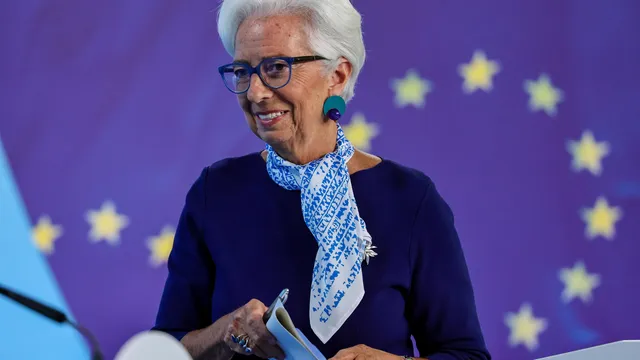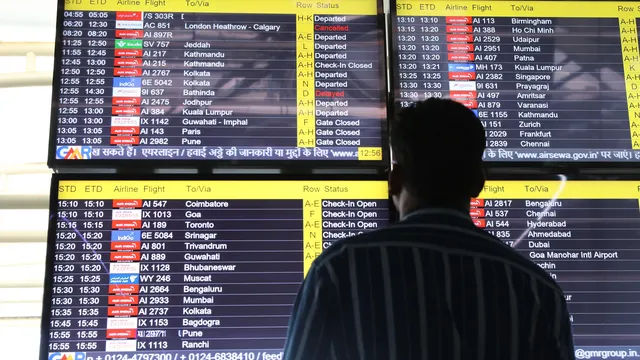Eight OPEC+ nations have agreed to increase their collective crude oil output by 548,000 barrels per day, a rise that exceeds previous forecasts. The decision comes as part of a process to gradually lift voluntary supply curbs.
The meeting, held virtually on July 5, was attended by key producers such as Russia and Saudi Arabia, as well as Algeria, Iraq, Kazakhstan, Kuwait, Oman and the United Arab Emirates. The increase was initially expected to be 411,000 barrels per day.
A statement from the OPEC secretariat said the decision to increase output by 548,000 barrels per day in August was driven by “the stable global economic outlook and healthy market fundamentals, reflected in low oil inventories,” France 24 reported.
The eight countries in question are implementing two parallel voluntary cuts that fall outside the formal policy framework of the broader OPEC+ alliance. The first measure, amounting to 1.66 million barrels per day, will remain in place until the end of next year. The second strategy involves a further cut of 2.2 million barrels per day, valid until the end of the first quarter.
The initial plan called for an increase in production by 137,000 barrels per day each month until September 2026, but this pace was only met in April. The pace was then tripled to 411,000 barrels per day in May, June and July. Now, countries are taking an even more aggressive approach to raising prices in August.
Oil prices have temporarily risen in recent weeks, driven by a seasonal increase in demand during the summer, as well as a 12-day war between Israel and Iran that has threatened supplies from Tehran and raised concerns about possible disruptions to transit through the strategic Strait of Hormuz.
Crude oil futures settled at $68.30 a barrel for September delivery on the ICE Brent contract and $66.50 a barrel for August delivery on the Nymex exchange. | BGNES

 Breaking news
Breaking news
 Europe
Europe
 Bulgaria
Bulgaria
